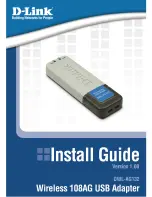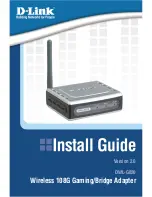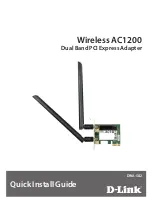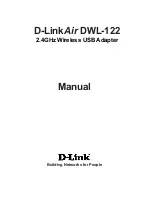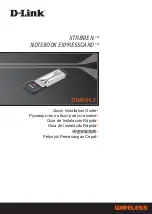
Fabric OS 5.2.x administrator guide 267
14 Working with diagnostic features
This chapter provides information on diagnostics and how to display system, port, and specific hardware
information. It also describes how to set up system logging mapping (
syslogd
) and how to set up the
offloading of error messages (
supportSave
).
About Fabric OS diagnostics
The purpose of the diagnostic subsystem is to evaluate the integrity of the system hardware.
Diagnostics are invoked two ways:
•
Automatically during the power-on self test (POST)
•
Manually using Fabric OS CLI commands
The error messages generated during these test activities are sent to the serial console and system message
logs, whose output formats may differ slightly.
Use the
diagHelp
command to receive a list of all available diagnostic commands.
Refer to the
Fabric OS Command Reference Manual
for a complete description of each command.
Viewing Power-on Self Tests
By default, when you power on the system, the boot loader automatically performs power-on self tests and
loads a Fabric OS kernel image.
The POST tests provide a quick indication of hardware readiness when hardware is powered up. These
tests do not require user input to function. They typically operate within several minutes, and support
minimal validation because of the restriction on test duration. Their purpose is to give a basic health check
before a new switch joins a fabric.
These tests are divided into two groups: POST1 and POST2. POST1 validates the hardware interconnect of
the device, and POST2 validates the ability of the device to pass data frames between the ports. The
specific set of diagnostic and test commands run during POST depends on the switch model.
The factory default configuration is set to run POST2, but you can configure your switch to bypass POST2,
which runs after the kernel image has started but before general system services such as login are enabled.
Although each test performed during POST2 is configurable, you should only modify a POST2 test if
directed by your switch provider’s customer service representative.
You can use the
diagDisablePost
command to disable both POST1 and POST2, and you can
re-enable it using the
diagEnablePost
command. Refer to the
Fabric OS Command Reference Manual
for additional information about these commands.
Summary of Contents for AE370A - Brocade 4Gb SAN Switch 4/12
Page 18: ...18 ...
Page 82: ...82 Managing user accounts ...
Page 102: ...102 Configuring standard security features ...
Page 126: ...126 Maintaining configurations ...
Page 198: ...198 Routing traffic ...
Page 238: ...238 Using the FC FC routing service ...
Page 260: ...260 Administering FICON fabrics ...
Page 280: ...280 Working with diagnostic features ...
Page 332: ...332 Administering Extended Fabrics ...
Page 414: ...398 Configuring the PID format ...
Page 420: ...404 Configuring interoperability mode ...
Page 426: ...410 Understanding legacy password behaviour ...
Page 442: ...426 ...
Page 444: ......
Page 447: ......































